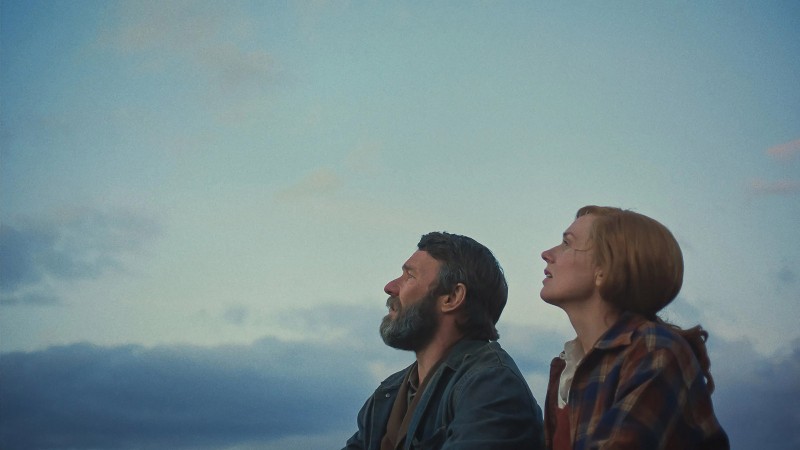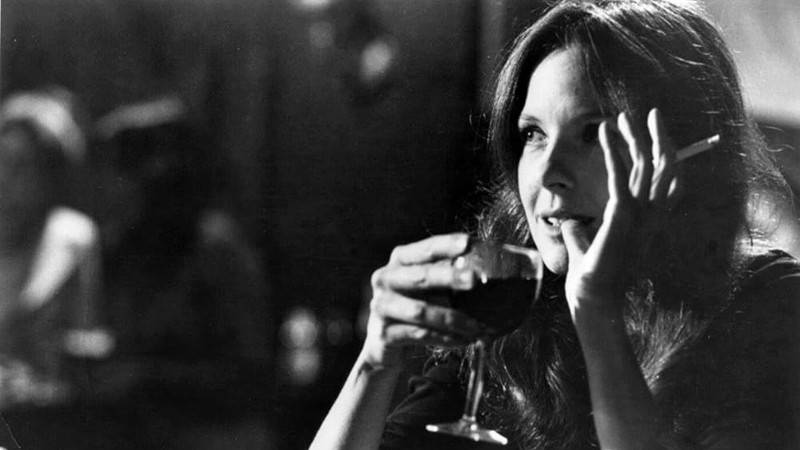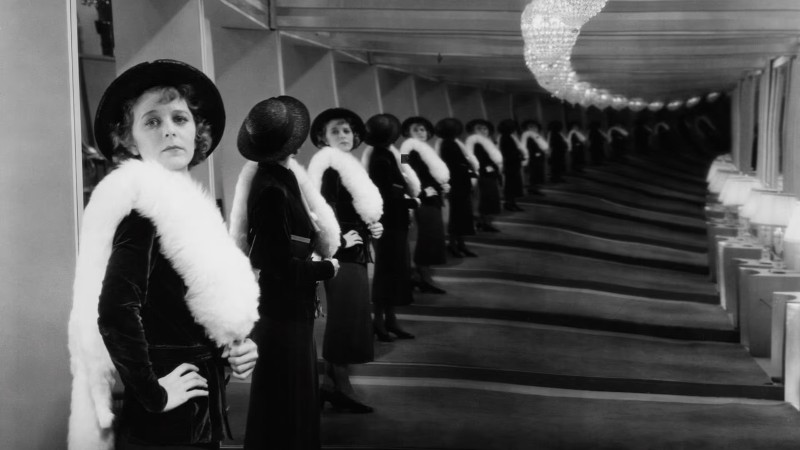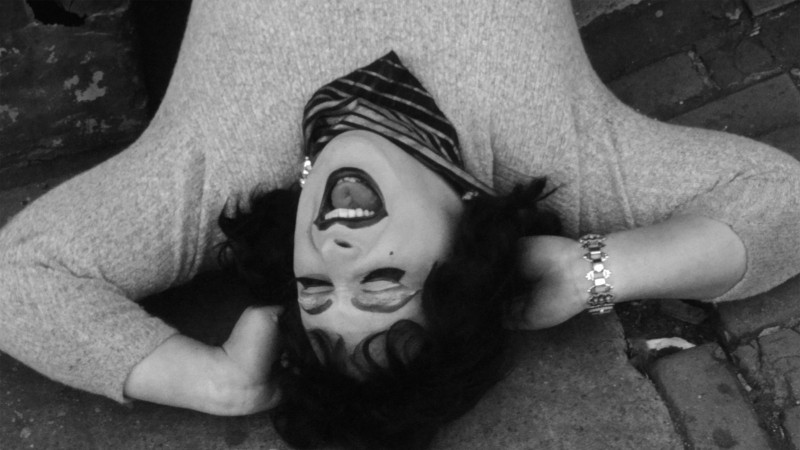Raves for Elaine May on Broadway

Nearly sixty years after her debut on Broadway in the landmark improvisational comedy showcase An Evening with Mike Nichols and Elaine May, the director, screenwriter, script doctor, and whip-smart comedienne Elaine May returns to the Golden Theatre, in a revival of Kenneth Lonergan’s The Waverly Gallery. She plays Gladys Green, a former lawyer who, now in her mideighties—May herself is eighty-six—runs the titular Greenwich Village gallery and struggles against rapidly encroaching dementia. As Ben Brantley puts it in the New York Times, for Gladys, “schmoozing and kibitzing have always been as essential as breathing,” and she “operates on the principle that if she can just continue to talk, she can surely power through the thickening fog of her old age. That she has clearly already lost this battle makes her no less valiant.”
The Waverly Gallery, which premiered off-Broadway in 2000 and became a finalist for the Pulitzer Prize for Drama the following year, is the third of Lonergan’s six full-length plays to be revived on Broadway since 2014. In the new, Lila Neugebauer-directed production, which opened last Thursday and will run through January 27, Lucas Hedges (nominated for an Oscar for his performance in Lonergan’s 2016 film Manchester by the Sea) addresses the audience from the edge of the stage as Daniel, Gladys’s grandson and a “Lonergan stand-in,” as Alexis Soloski notes in the Guardian, “played with slumped and diffident grace.” Daniel describes his family as “liberal Upper West Side atheistic Jewish intellectuals,” and for Peter Marks in the Washington Post, “Lonergan’s ear for the crosscurrents of love and recrimination, of accusation and confession, is as fine as that of any American dramatist.” Writing for the Wall Street Journal, Terry Teachout opts for a more succinct superlative, calling Lonergan simply “America’s greatest living dramatist.”
For Vulture’s Sara Holdren, it’s Joan Allen who gives “the show its heartbeat. As Gladys’s daughter Ellen—an immensely capable, intelligent doctor whose impatience with her dwindling mother is mingled with, and concealing, fear and heartbreak she can’t fully register—Allen is sneak-up-on-you stunning.” The cast is rounded out by David Cromer, who, according to Brantley, is “impeccably tactless” as Ellen’s second husband and Daniel’s stepfather, and Michael Cera, “doing confident but clueless” as a young artist Gladys has decided to take under her wing.
But it’s May who’s scoring the majority of the raves in the first round of reviews. “Gladys’s descent is quick and cruel, making May’s portrayal of her mental drift, with a sweet and helpless but also determined intelligence, all the more wonderful,” writes Vinson Cunningham in the New Yorker. “If acting is to human behavior what poetry is to language, May as Gladys in Waverly is somewhat like Marianne Moore—hilariously varied, brutally specific, funniest when oriented toward the grave.” And New Yorker staff writer Nathan Heller adds via Twitter that he “can’t think of anyone else who was a breath of fresh air sixty years ago and is a breath of fresh air today.”
Vanity Fair’s K. Austin Collins welcomes May’s return to the stage, but argues that “her greatest contributions have been as a director—despite her painfully truncated career. In a moment rife with public awareness of Hollywood’s fraught lack of women in the director’s chair, May’s directorial career still stands out as a cautionary tale.” Her debut, A New Leaf (1971), which she wrote, directed, and starred in alongside Walter Matthau, “is one of that era’s greatest comedies.” The Heartbreak Kid, another cult favorite, this one starring Charles Grodin, Cybill Shepherd, and May’s daughter, Jeannie Berlin, followed in 1972. And Collins insists that Mikey and Nicky (1976), with John Cassavetes and Peter Falk, “remains one of the best American gangster movies ever made.” May’s run-ins with the studios, “thanks at least in part to her zealous post-production process,” kept her from directing another film until 1987, when Ishtar, “despite great preview screenings,” flopped.
Over the years, though, Ishtar, starring Warren Beatty and Dustin Hoffman as miserably but hilariously untalented songwriters, has become one of the films maudit cinephiles most love to champion. Writing for Vogue, Marley Marius notes that, when someone suggested in 2011 that Ishtar was simply “ahead of its time, May’s quippy response cut right to the root of her genius. ‘No, that’s impossible,’ she said. ‘Even with string theory.’ It’s classic May—charmingly self-deprecating and blisteringly smart, clever and quick without being nasty.”
For news and items of interest throughout the day, every day, follow @CriterionDaily.



